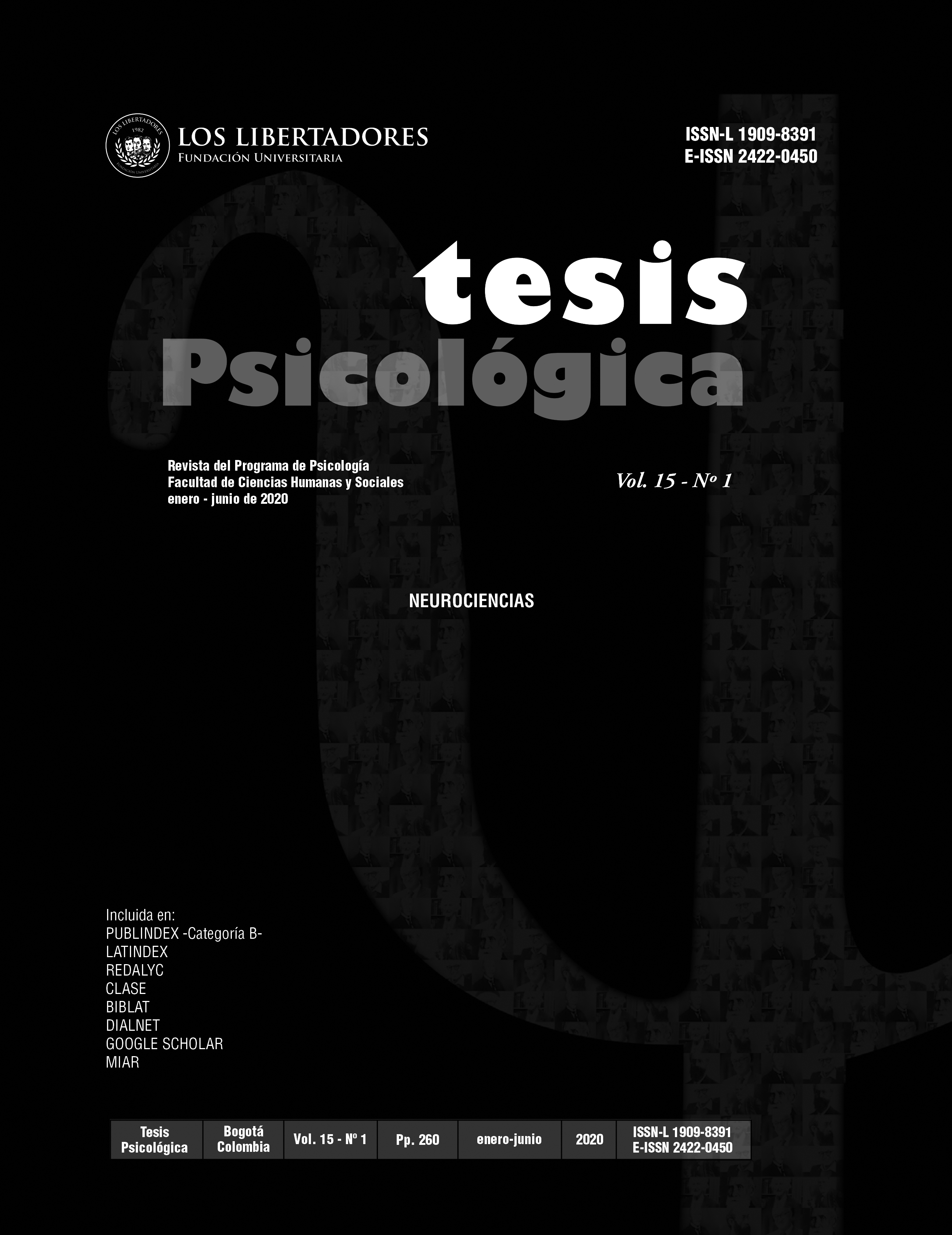Abstract
Resilience is a construct concern for the development of several affective skills that facilitate adapti.ve functioning in adverse contexts. Findings from the last decades indicate that affective skills development depends on the genes and environment interaction (GxEi). However, it is not easy to interpret this evidence because there are not models to articulate coherently and consistently events from multiple levels (social, behavioral, neural, and genetic). Therefore, the main objective of this paper is to give a GxEi model based on affective neuroscience, which allows interpreting these multilevel events as components of dynamic systems whose properties emerge through childhood development, making up socioaffective systems (parental care, rewards seeking, fear, and pain), which shape the main resilient skills. Finally, we propose a differential sensitivity, systemic, dynamic, and complex model, enabling a more valid and consistent analysis of the GxEi facts about resilience development. In this model, resilient skills emerge from variations in the OXTR, DRD4, COMT, NR3C1, and OPRM1 genes, which create differential sensitivity to epigenetic modulation by the social environment. This model opens new interdisciplinary possibilities to promote healthier and more well-being development; however, its application poses great theoretical, methodological, ethical, and political challenges that must be addressed by the health sciences and public policymakers shortly.

This work is licensed under a Licencia Creative Commons Atribución-NoComercial-


